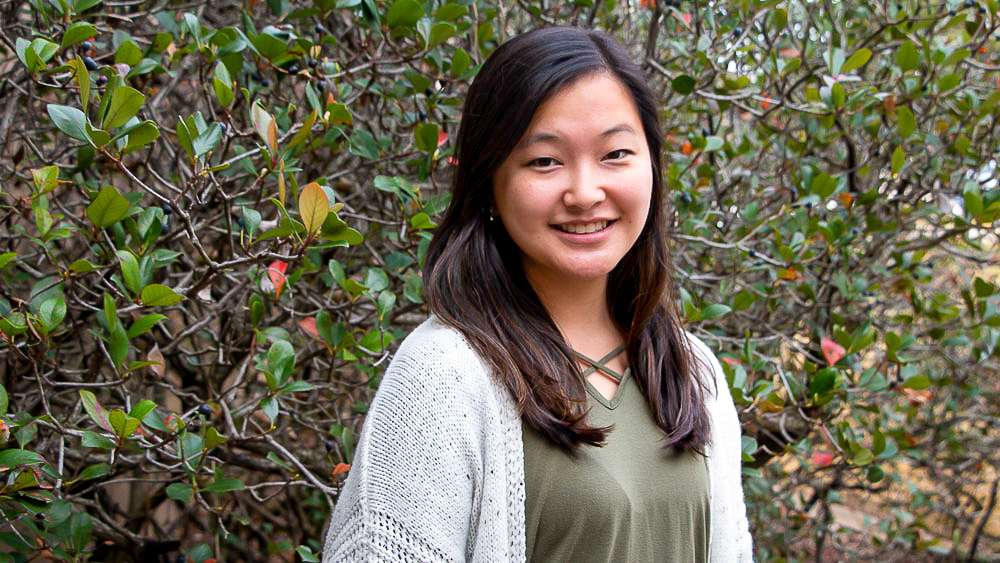
Hannah Fowler, an undergraduate student researcher in the Department of Computer Science and Engineering at Texas A&M University, has been awarded an honorable mention in the Computing Research Association’s 2019 Outstanding Undergraduate Researcher Award program. This distinction, which recognizes North American undergraduate students who show extraordinary potential in computing research, was given to her for her qualitative data analysis work in the Interface Ecology Lab.
Researchers in the human-computer interaction lab directed by Dr. Andruid Kerne, professor in the computer science and engineering department, investigate the future of human expression with a focus on creativity, play, participation and learning.
“Hannah’s work exemplifies the power of solving problems through a multidisciplinary approach, her research achievements are remarkable,” said Dr. Dilma Da Silva, department head and professor in the department.
With nearly three years of experience in the lab and a qualitative analysis-driven internship, Fowler has played an integral role on a variety of projects, including studies on Massive Open Online Courses, pen and touch interaction, measuring ingenuity and the creation of the web-based collaboration platform LiveMâché.
Fowler attributes much of this success and interest in qualitative analysis to her double major in computing and philosophy, which has given her a unique approach to research.
In her philosophy courses, Fowler learned principles about how to think and ask relevant questions – which has become a valuable asset to qualitative analysis in the Interface Ecology Lab. In turn these teachings have allowed her to be able to explore and investigate the more theoretical side of computer science with a keen eye for detail.
“It has helped me develop this sensibility when looking at data to be able to say, ‘this is something that could be interesting.’ I think it takes a certain eye to notice those kind of things. But once you notice them, it's hard to ignore them,” said Fowler.
Currently she is working on an ethnography covering Texas A&M studio design professors from visualization, mechanical engineering and landscape architecture. By conducting interviews with faculty and students, identifying key themes in the transcript, and segmenting data to measure specific patterns and phenomenon, she is able to gain insight into the status quo, teaching methods and issues therein.
“One of the things that we're interested in is how we can support instructors computationally,” said Fowler. “So for example, how and if can we quantify creativity.”
Looking toward graduation and beyond, Fowler will begin working for Microsoft in September as a program manager with the Identity Team.
“I interviewed with them last summer and the team was awesome,” said Fowler. “It is the kind of work that I want to do and I can integrate what I've learned in the Interface Ecology Lab into that role, which is special.”